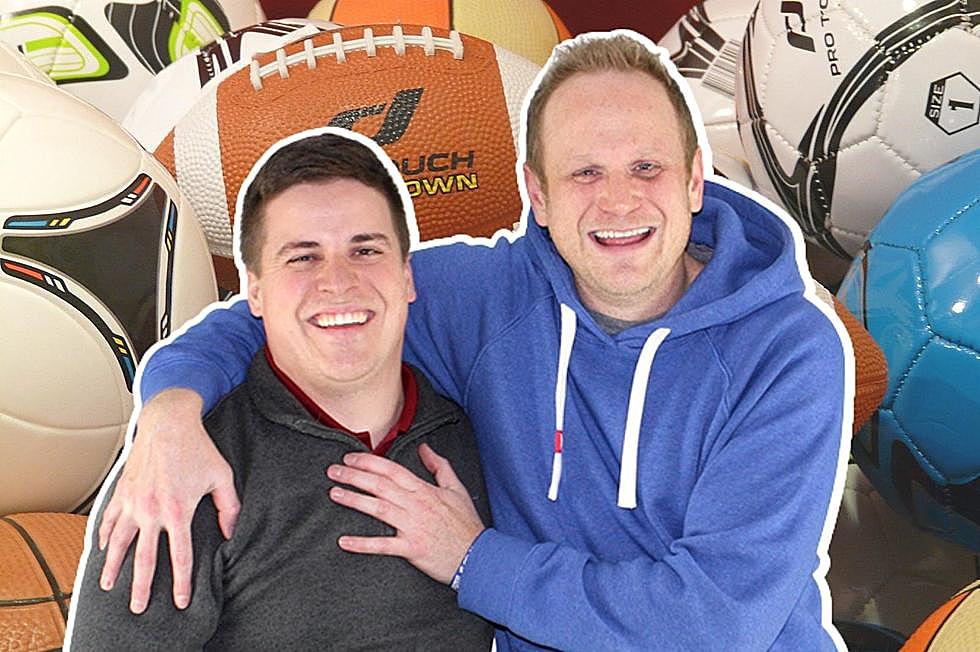
Coach K backs NCAA changes
Calling for a "new definition for amateurism," Duke coach Mike Krzyzewski jumped into the NCAA governing process debate Wednesday after a meeting with NCAA president Mark Emmert, according to a report.
"It's kind of like General Motors and the car industry. You gave a lot at one time when it looked good, no one changed anything, and all of a sudden it's not so good," Krzyzewski told the Charlotte Observer.
Emmert has endorsed making changes to how the 351 Division I schools are permitted to govern their programs. The NCAA's annual convention is in January. The board hopes to adopt proposals at its meeting in April then have a special meeting for the full membership next summer.
Krzyzewski said he's optimistic changes to NCAA governance will be seen over the next six months.
"We need to have a clear head and say, this is going to be right," Krzyzewski told the Observer. "And we have a good chance to get everybody on board.
"Many times when you lose, it's the greatest opportunity to improve. You have this unique opportunity to make dramatic change that you probably couldn't make when things seem to be going right."
In many ways, Coach K's game will drive the broader discussion.
According to the NCAA's website, more than 80 percent of the organization's projected revenue for 2012-13 comes from media rights, and most of that is from its long-term agreement for rights to the men's basketball tournament.
Earlier this year, the NCAA's new enforcement model for college basketball took effect, promising harsher penalties for recruiting infractions but allowing coaches to visit and view more high school students during the recruiting period. Krzyzewski told the Observer that the changes, which included permitting in-home visits to high school juniors, were significant.
Emmert said last month that there is little support within the NCAA "to convert student-athletes into paid employees," but he acknowledged that the NCAA was looking at a fair way to treat student-athletes.
"It's a dynamic tension that we really need to work on because it's at heart of part of what [we're] talking about here," he said. "Why would we want to force someone to go to school when they really don't want to be there? But if you're going to come to us, you're going to be a student."
One way to address that would be by allowing athletes to turn pro straight out of high school, Emmert said, something the NBA and NFL don't allow.
Other professions don't impose an "artificial juncture," he said, noting that ballet dancers don't have to take a detour to college before joining a troupe.
Emmert also pointed to baseball's two-track model. Players can turn pro out of high school, but if they choose to go to college, they must stay until after their third year or they turn 21.
"All the stuff with the NCAA, what's wrong and what's right, not too much is said about what's right," Krzyzewski told the Observer. "There are things that we haven't kept up with over the last couple of decades as far as adapting to the current, like coming up with a new definition for amateurism."
Information from The Associated Press was used in this report.
More From KSOO-AM / ESPN Sioux Falls









